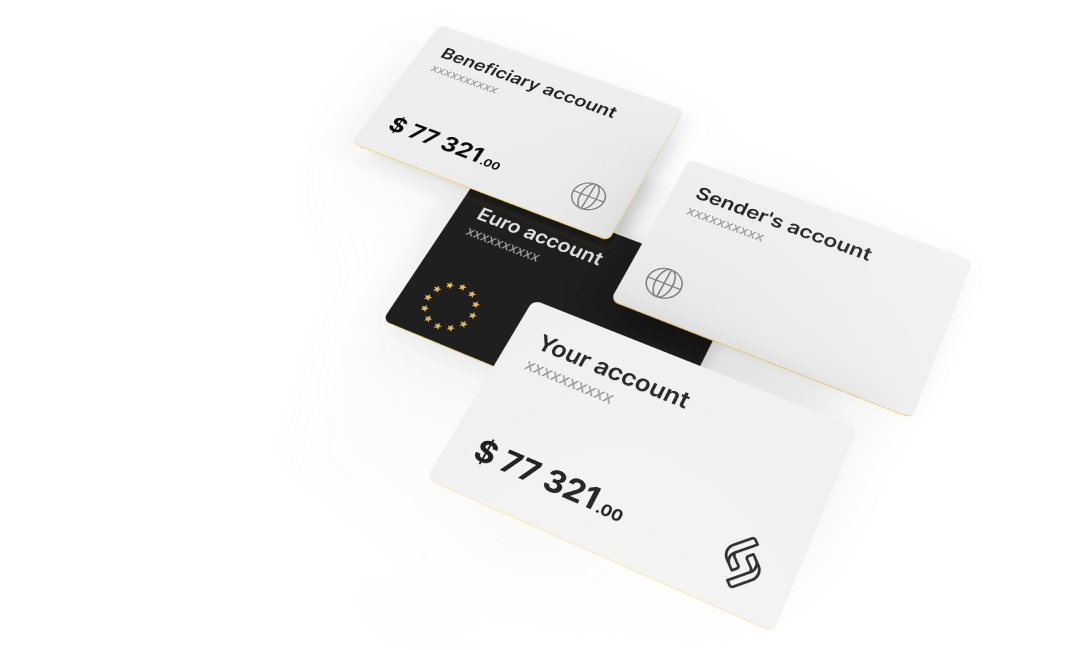Why Your Small Business Requires An Account for Banking

10 Reasons to Have a Dedicated Small Business Account for Banking
Congratulations on taking the bold step of launching your own business! Whether your venture evolved from a side hustle or you decided to share your innovative idea with the world, maintaining your finances in order is crucial. Opening a dedicated account for your business is a wise starting point, but why exactly is it essential? Here are ten compelling reasons to consider:
- Enhances business trustworthiness. By transacting through a dedicated business account, you instill confidence in your customers and suppliers, fostering a sense of security and reliability. Having a dedicated small business account can help you project a more professional image to your customers, clients, partners, and investors. It can show that you are serious and committed to your business and that you have a clear vision and strategy. It can also help you build trust and credibility, as you can use your business name and logo on your checks, cards, invoices, and receipts.
- Protects your personal assets. If your business is a sole proprietorship or a partnership, you are personally liable for any debts or liabilities incurred by your business. This means that your personal assets, such as your home, car, or savings, can be seized by creditors if your business fails or faces legal issues. Having a dedicated small business account can help you create a clear separation between your personal and business assets and reduce the risk of losing them.
- Simplifies ordering and financial hygiene. Having a dedicated small business account can help you keep track of your corporate income and expenses and avoid mixing them with your personal ones. This can make it easier to manage your cash flow, budget, taxes, and accounting.
- Ensures financial security. Separating personal and business accounts shields your personal assets, such as your home, from potential business debts, particularly if you’ve established your business as a limited liability company.
- Provides access to useful features and benefits. A dedicated small business account can offer you more features and benefits than a personal account, such as higher transaction limits, lower fees, online banking, mobile deposits, invoicing, payroll, merchant services, and more. Some banks also offer perks and rewards for small business customers, such as discounts, cash back, points, or free services.
- Helps comply with banking regulations. Some banking institutions mandate the use of a business account for accepting payments, especially for limited liability companies. Complying with such regulations streamlines your financial operations.
- Simplifies bookkeeping. A separate business account minimizes the complexity of tracking business expenditures and saves you valuable time.
- Facilitates seamless tax returns. With distinct payment accounts, calculating and managing your business taxes becomes more straightforward and less time-consuming.
- Enables software synchronization. With the help of open banking, you can integrate your business account with accounting software. This automation ensures real-time synchronization, saving you time and eliminating the need for manual data entry.
- Facilitates card differentiation. With a dedicated business account, you’ll receive a distinct debit or credit card, reducing the likelihood of confusion when making transactions.
In summary
Maintaining a dedicated small business account for banking offers numerous benefits and advantages. It enables a clear separation of personal and business finances, safeguards personal assets, provides access to additional features and benefits, and elevates your professional image. Opening a dedicated small business account is a wise and strategic decision for your business. Consider a European online business account with Satchel to upgrade your business.







